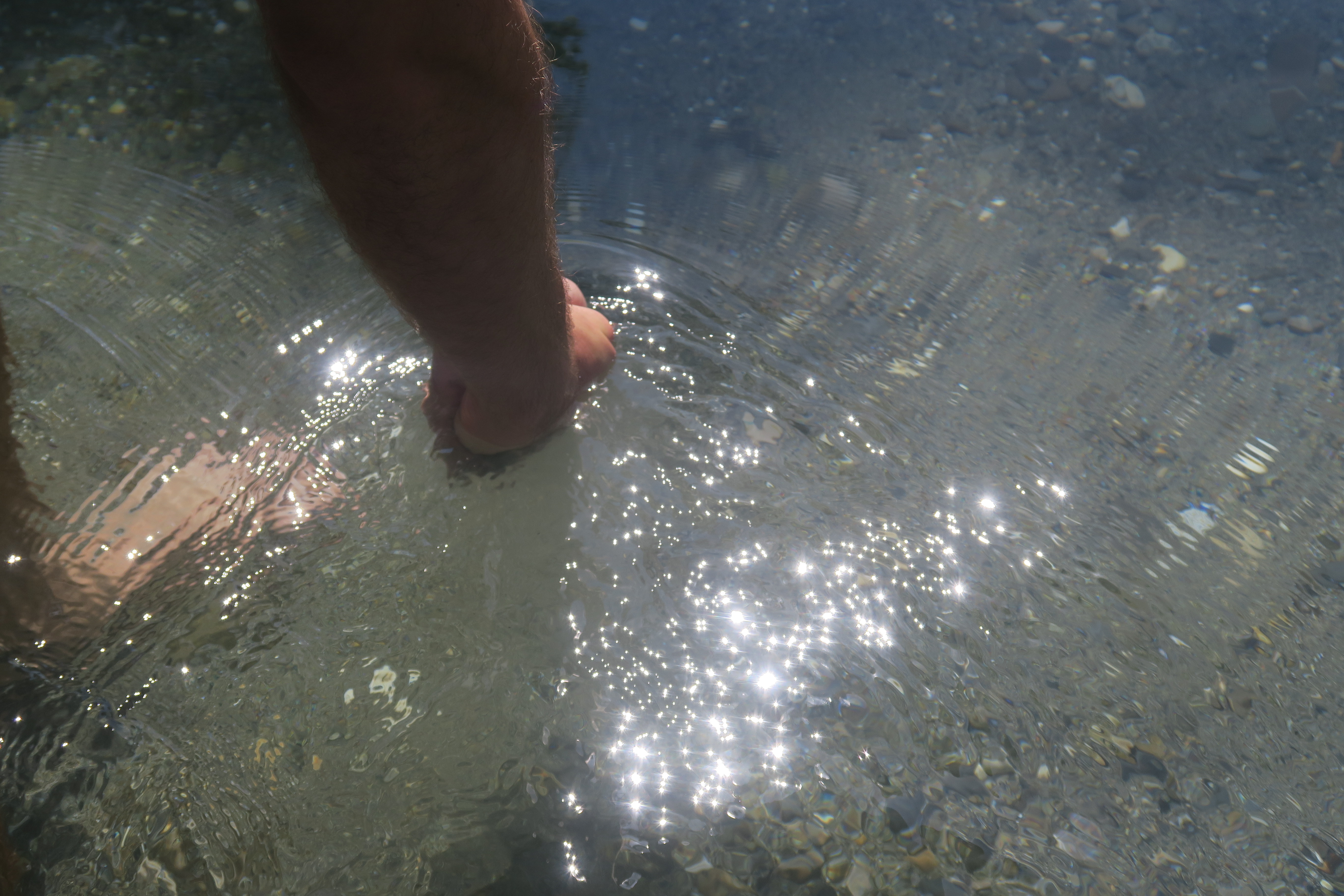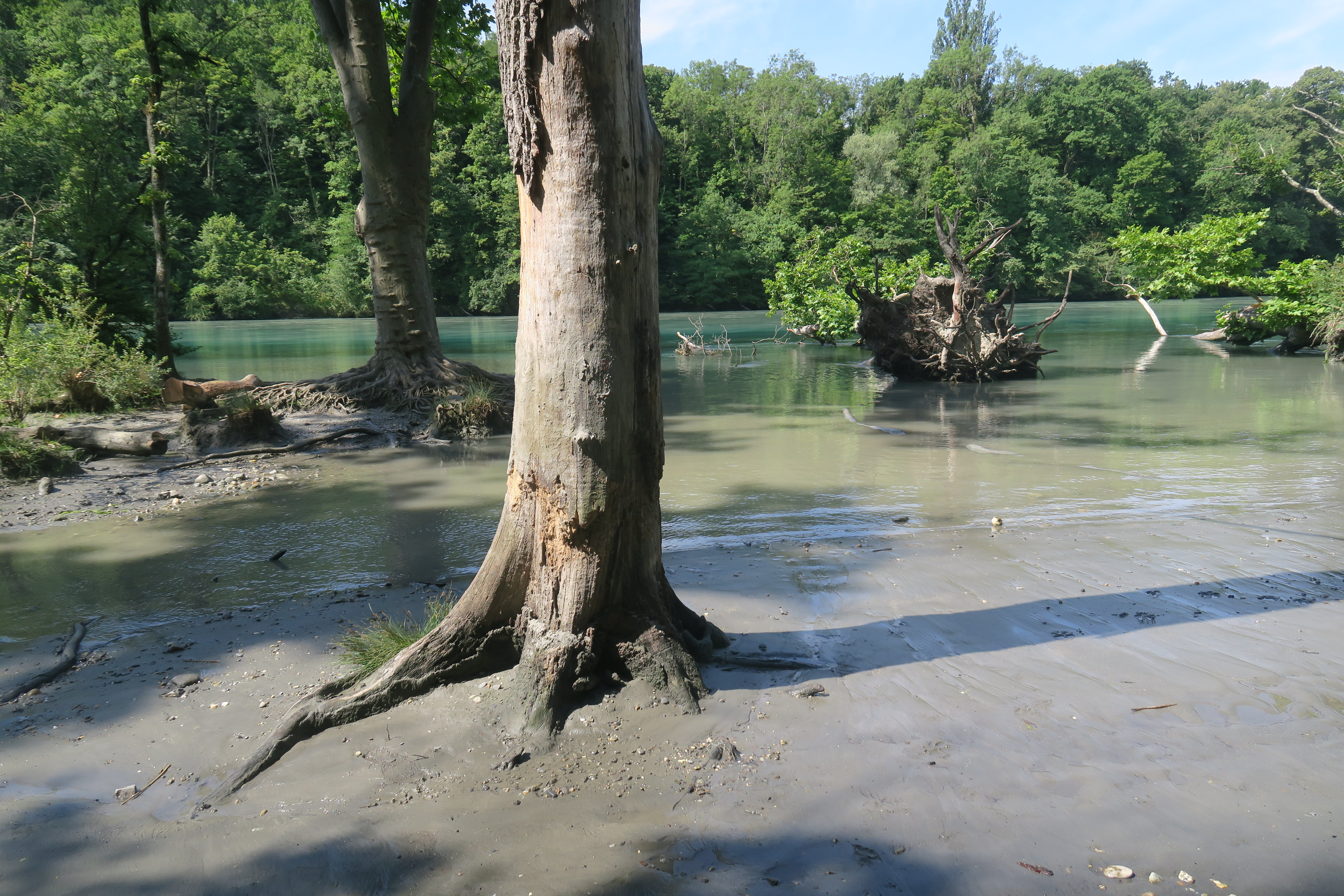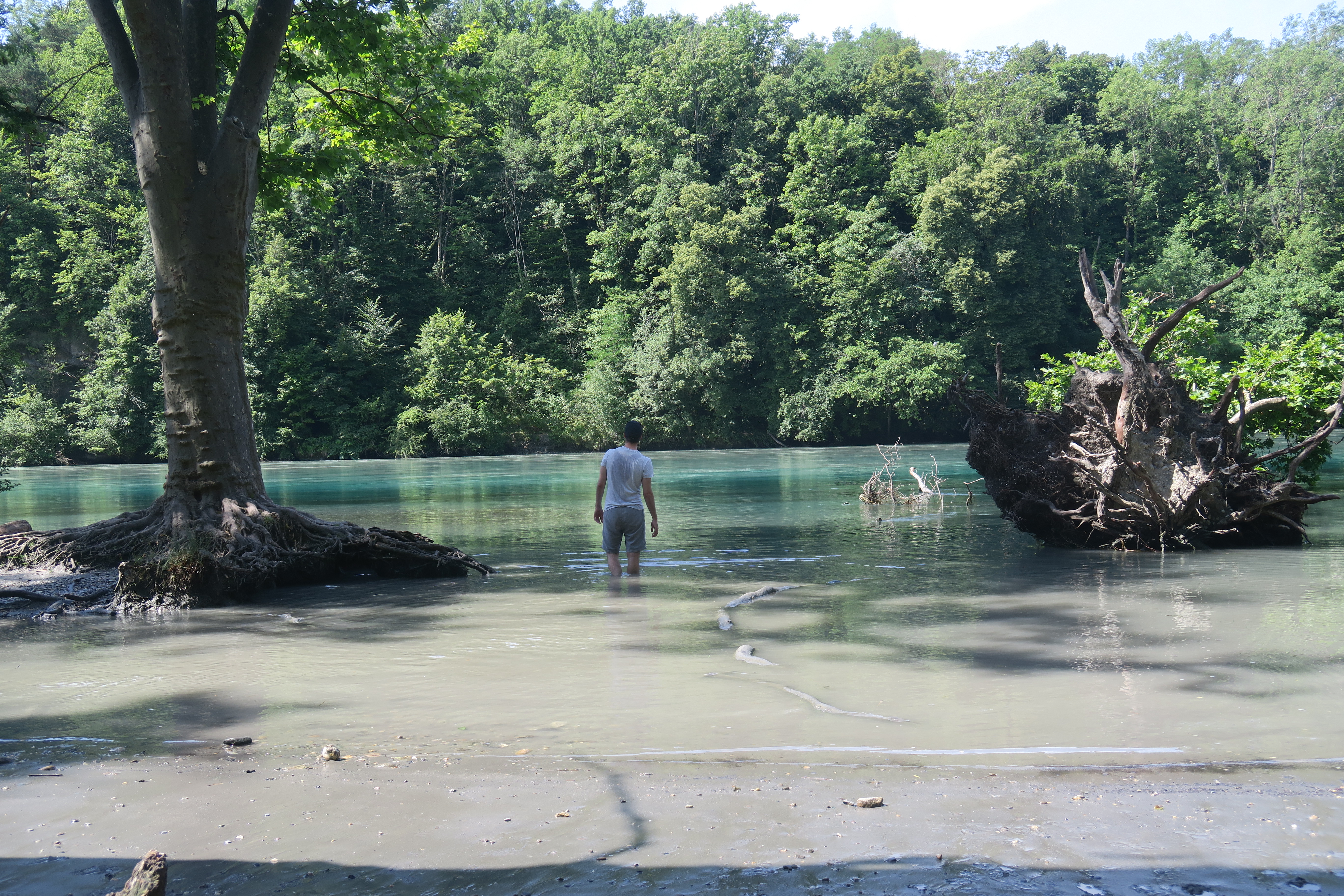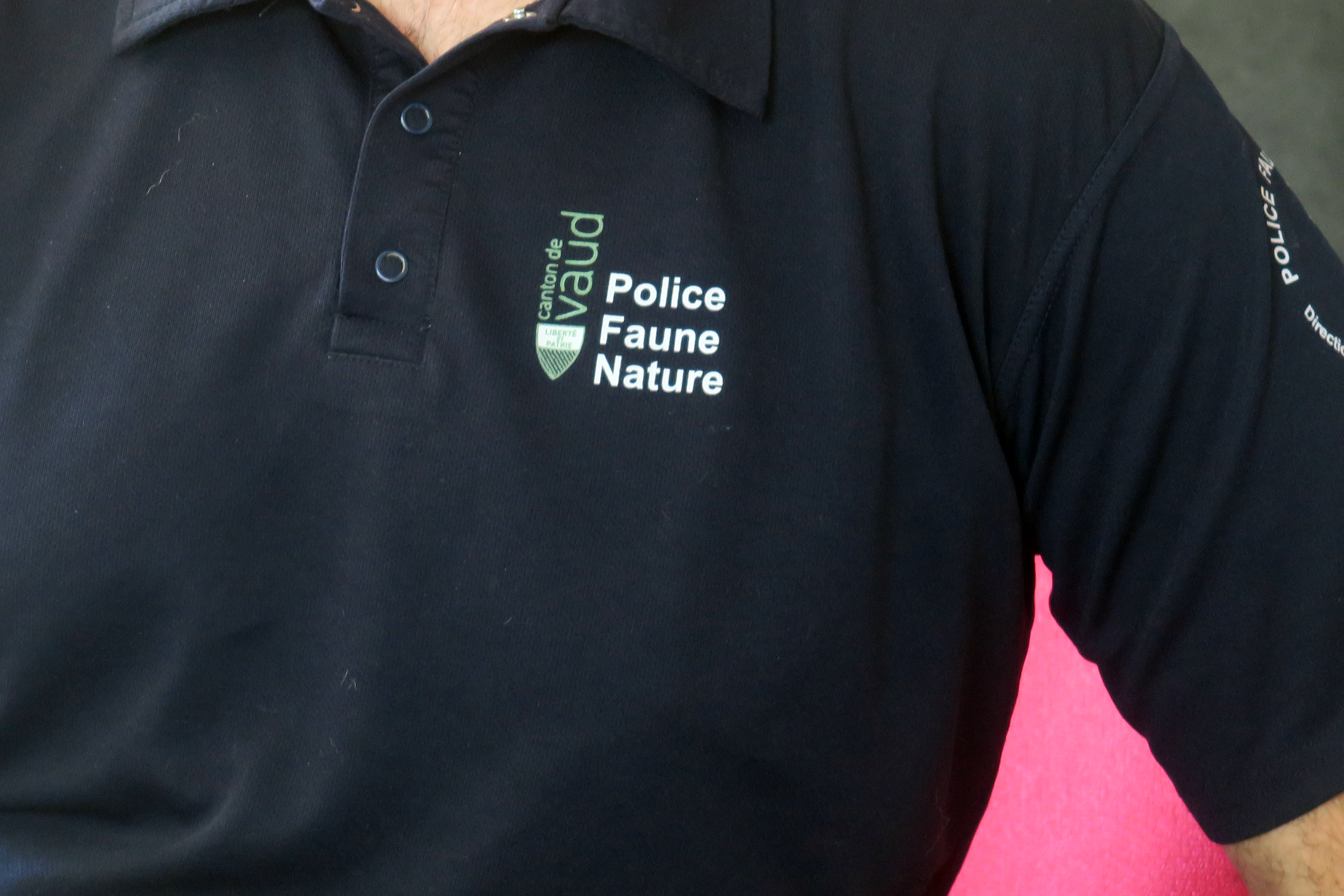Rhone River
Active relationship with Rhone river between July 2022 - 2023
Vivre le Rhone in collaboration with least [laboratory of ecology and art for a society in transition]
Day 1 #Naturalcontractlab activates a River Agora, to hear stories from Rhône guardians and weave new alliances to activate contemporary notions of guardianship for Rhone river. Do we take care of the river or does the river take care of us? Who decides for river governance and does the river want to be governed?
With the support of id-eau which helped us finding river guardians from Rhone glacier to france, we heard the inspiring stories of Floriane Facchini, Felix Küchler, Laurence Piaget-Dubuis, Emma-Louise Lavigne, Gilles Mulhauser.
Want to become a Rhone guardian? Click here
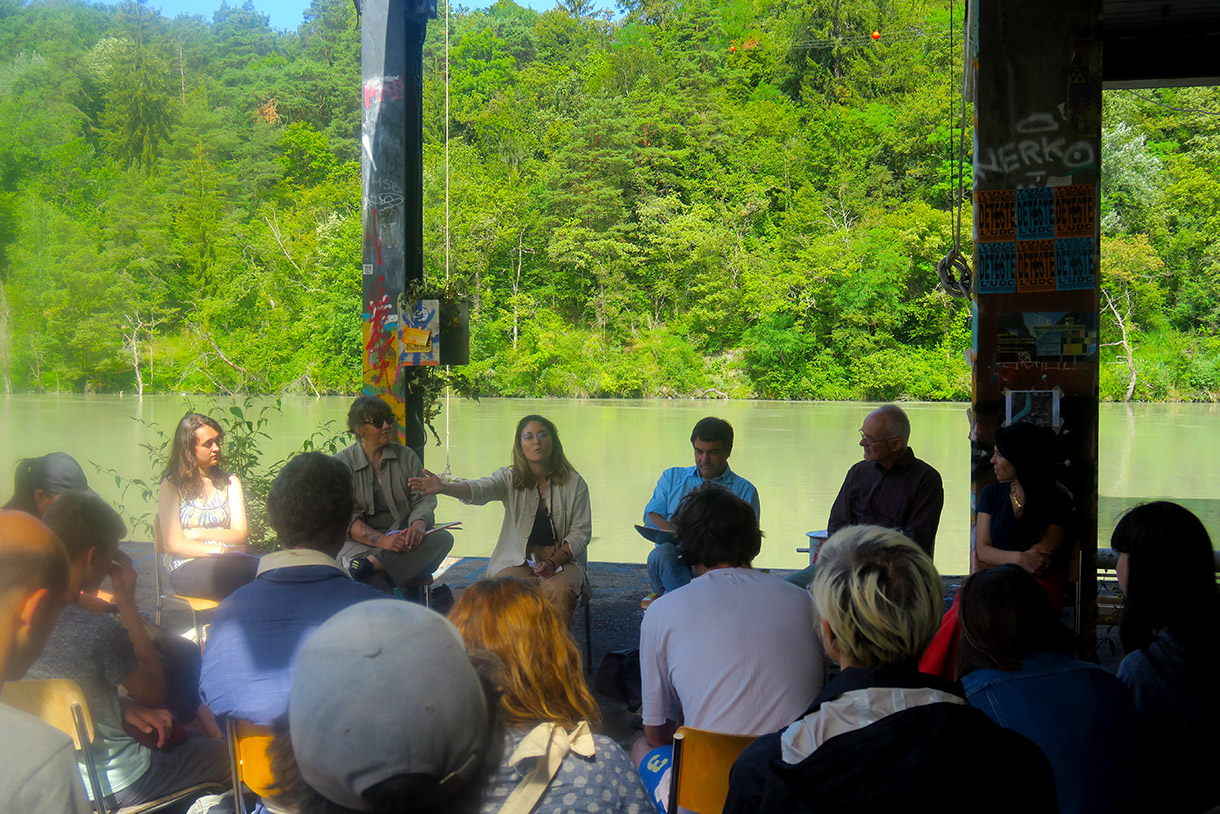
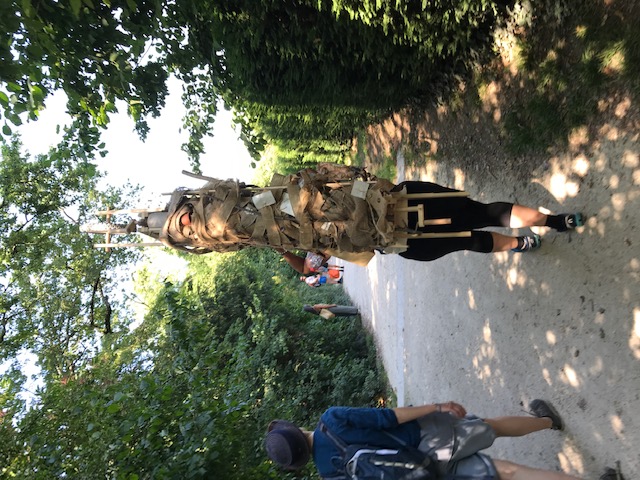
Day 2 #Naturalcontractlab open our sensorial juridical cartography to bind the threads of one year long collaboration with Rhone, followed by many walks together with its people and species. We re- weave a new pattern, a proof of evidence of our relationship, a living statement for the Rhône that includes its light, voice, smell and also its companion species, moss, trees, garbage and fish.
Sound intervention: a podcast by Audrey Bersier and Martin Reinartz

Day 3 How do we return what belongs to the river and take care of what no longer serves the river? #Naturalcontractlab trys to unwrite the law and disentangling the landscape archive, to return the collected weavings made during the many walks with the Rhone. A farewell, a celebration and a circular offering that intertwines all together the scores, the circles, the rituals, the river agoras.
We use the process of unsewing and dismantling all the material we have produced and gathered over the past year to explore the questions of what is living archive of our relationship with the river
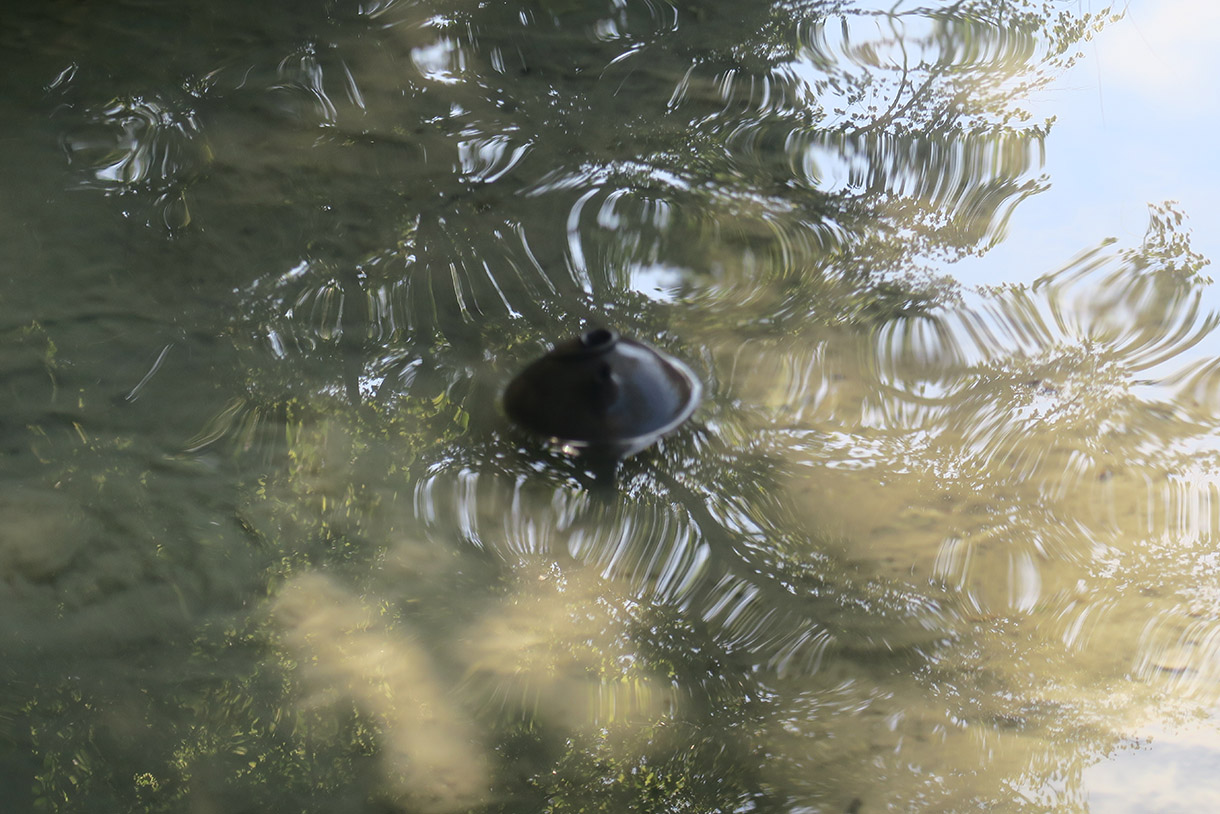
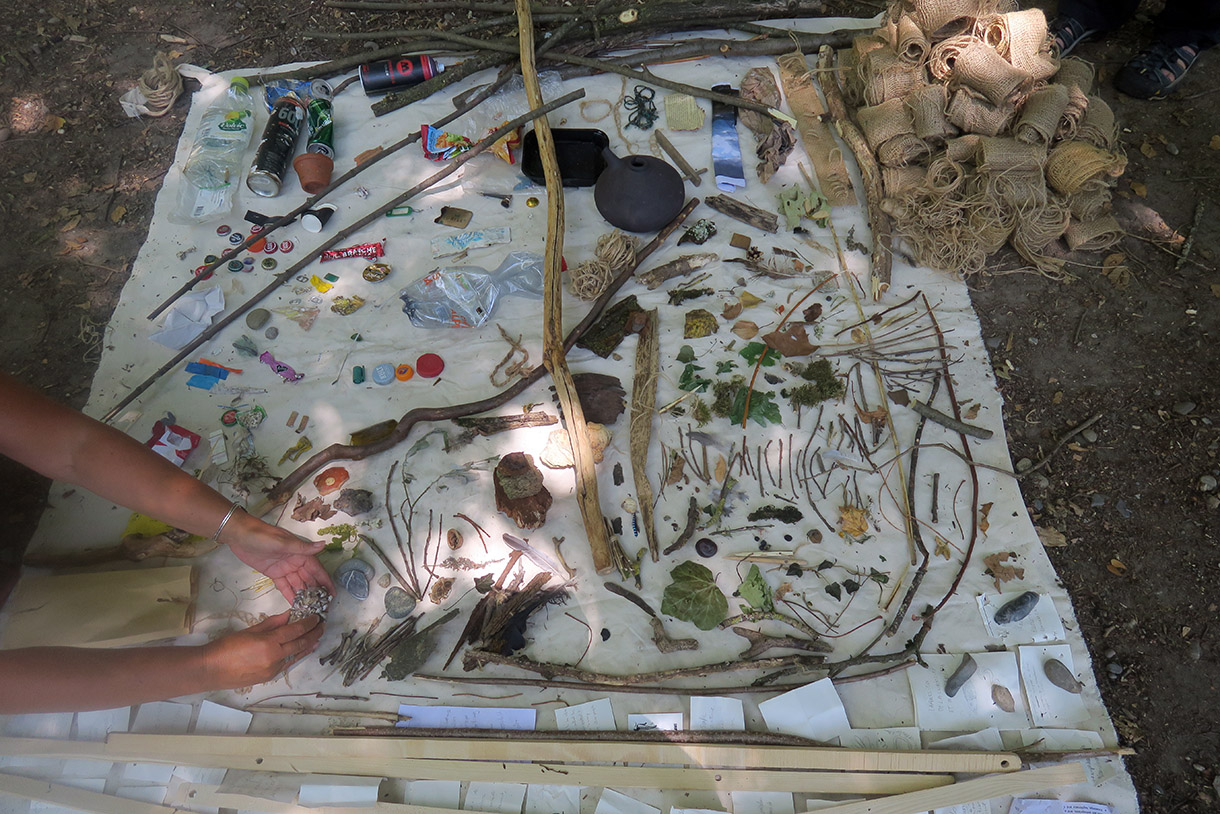
Research Residency - Geneve December 2022
Quite far away from us in Australia, a man called Eddie Mabo, presented in court the idea of invisible pathways, known as marks on the landscape or “Songlines”. A few years later, the Land Rights Act was approved and the Mabo case became history.
How do we weave the memories of harm, loss and the politics of the feel for a river? How do we sense the history of a river passing through our hands? And how does weaving become a proof of evidence?
Merging the past, present and future together with local communities, activists, lawyers, schools and many others.
During this period Lode Vranken and Maud Abbe de Carroux have been in the atelier designing a mobile “River loom”, to weave a piece of evidence that unfolds the emotional body into a common concern. This become our artistic strategy to connect the scientific and legal vocabulary to a personal/ emotional/ coming from the heart/ ethical active relationship with the river.
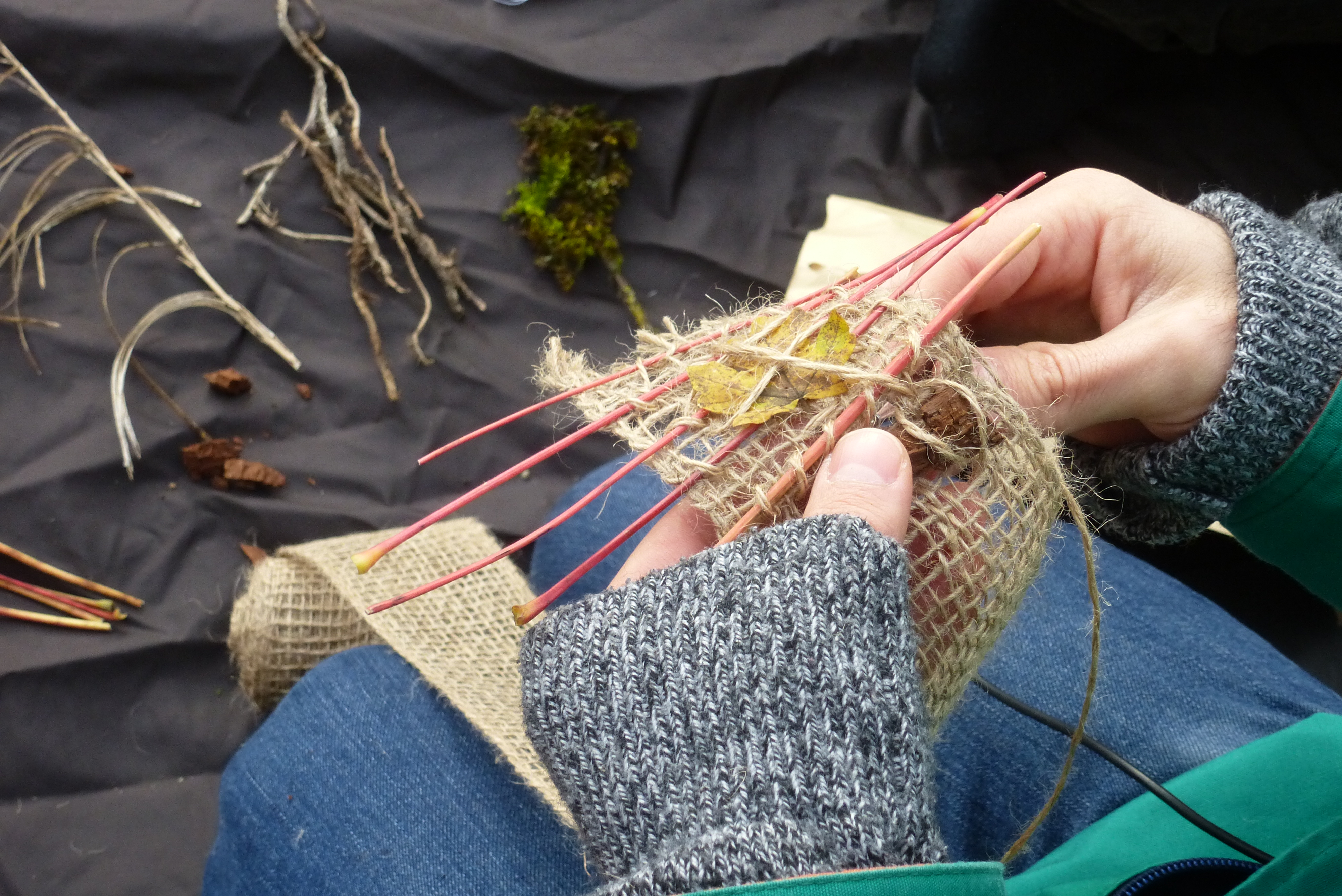
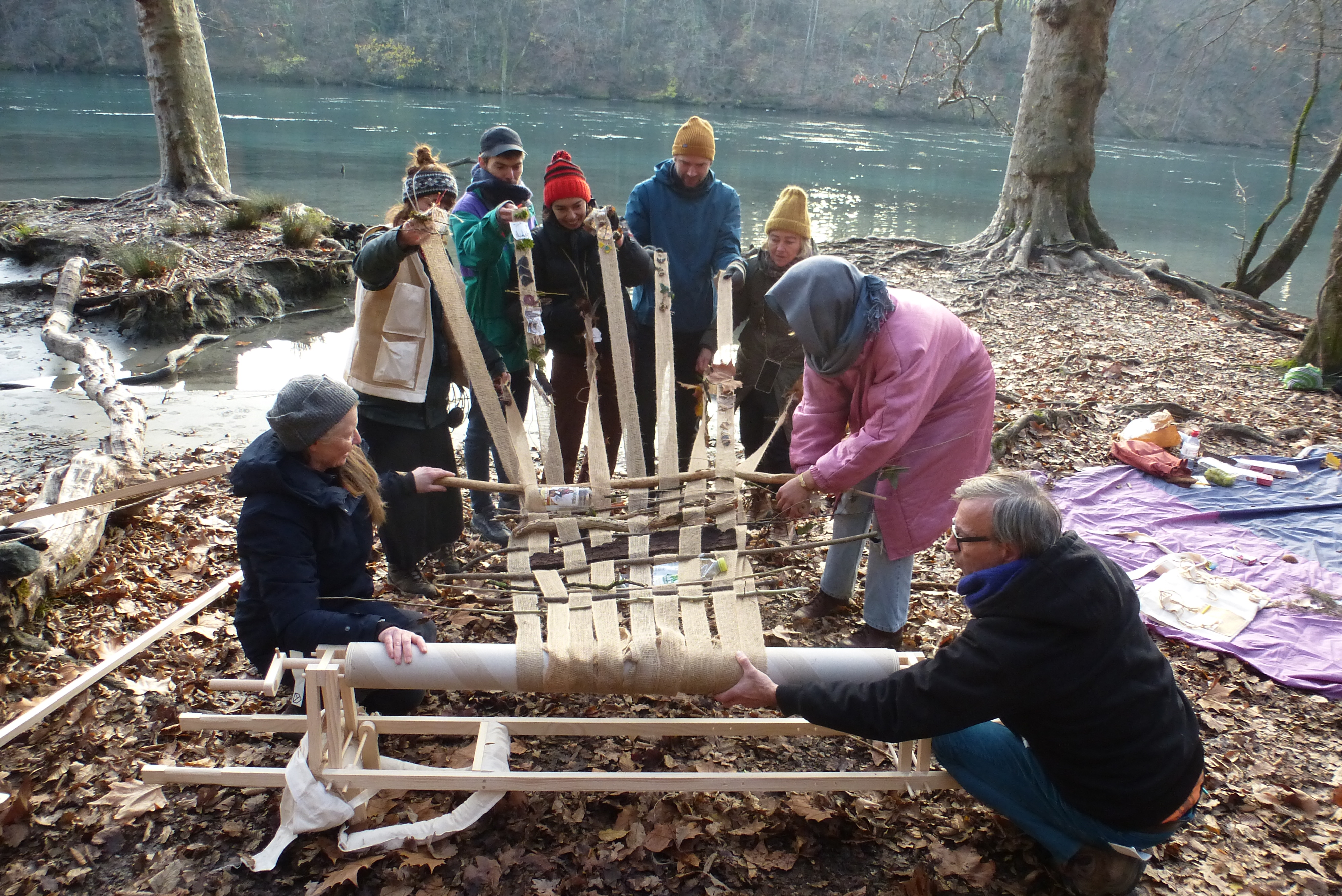
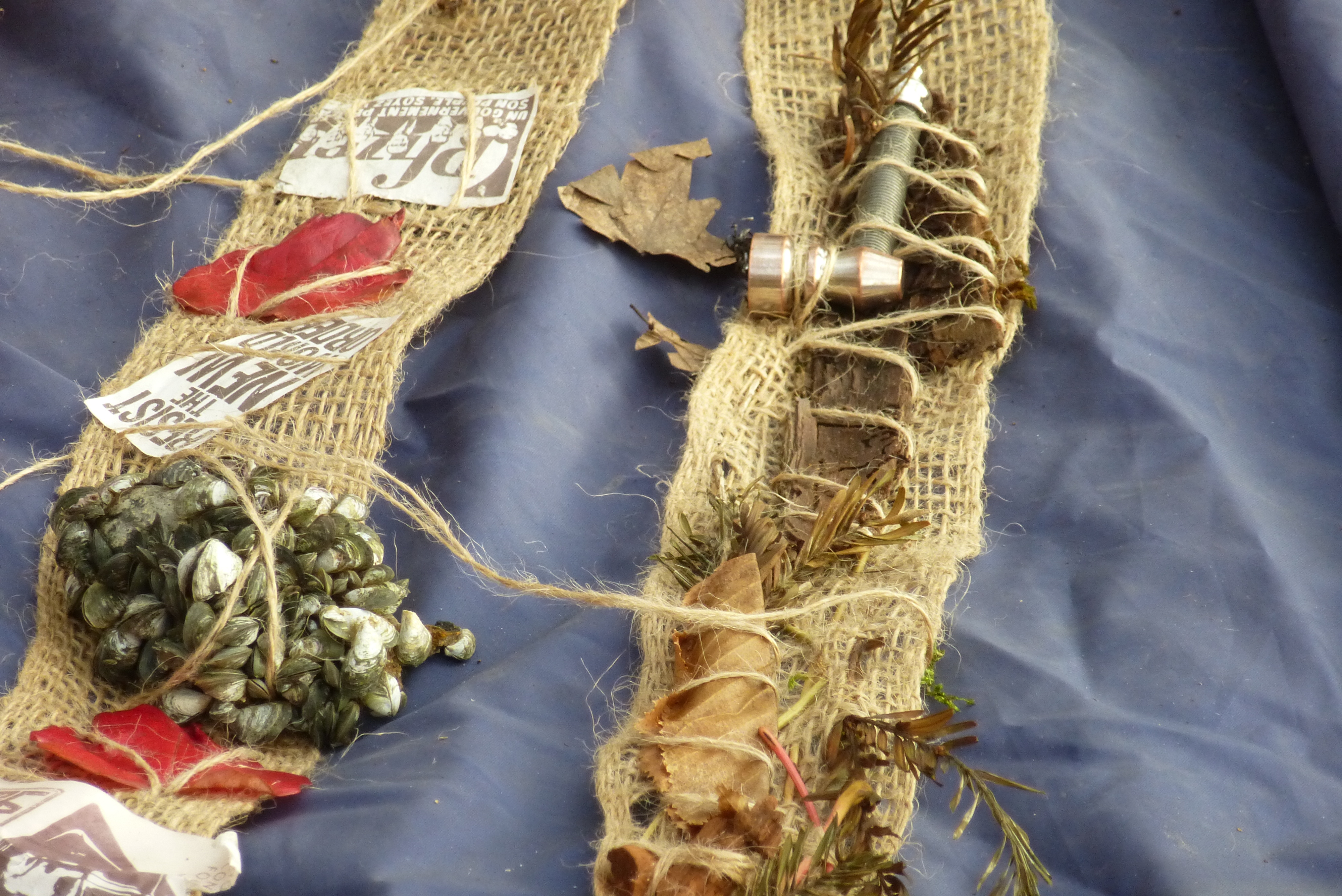
Research Residency - Geneve September 2022
Since July we’ve been mapping the stories of the people, harm, grief, loss, ancestry myths, matters of concern, water materiality and voices of resilience from both human and more-than-human, but how do we map, translate and share this practices? Together with the local team, we spend time on entangling our practices, getting know better the river, immersing, walking and trying to understand the language of water.
We observe water materiality speed, rhythm, flow, we feel the sensory qualities stony, aandy, light, smell, sound, taste. We try to to relate start a relationship with entities / species like fish, plants - resilient plants that survived harm and native fish.
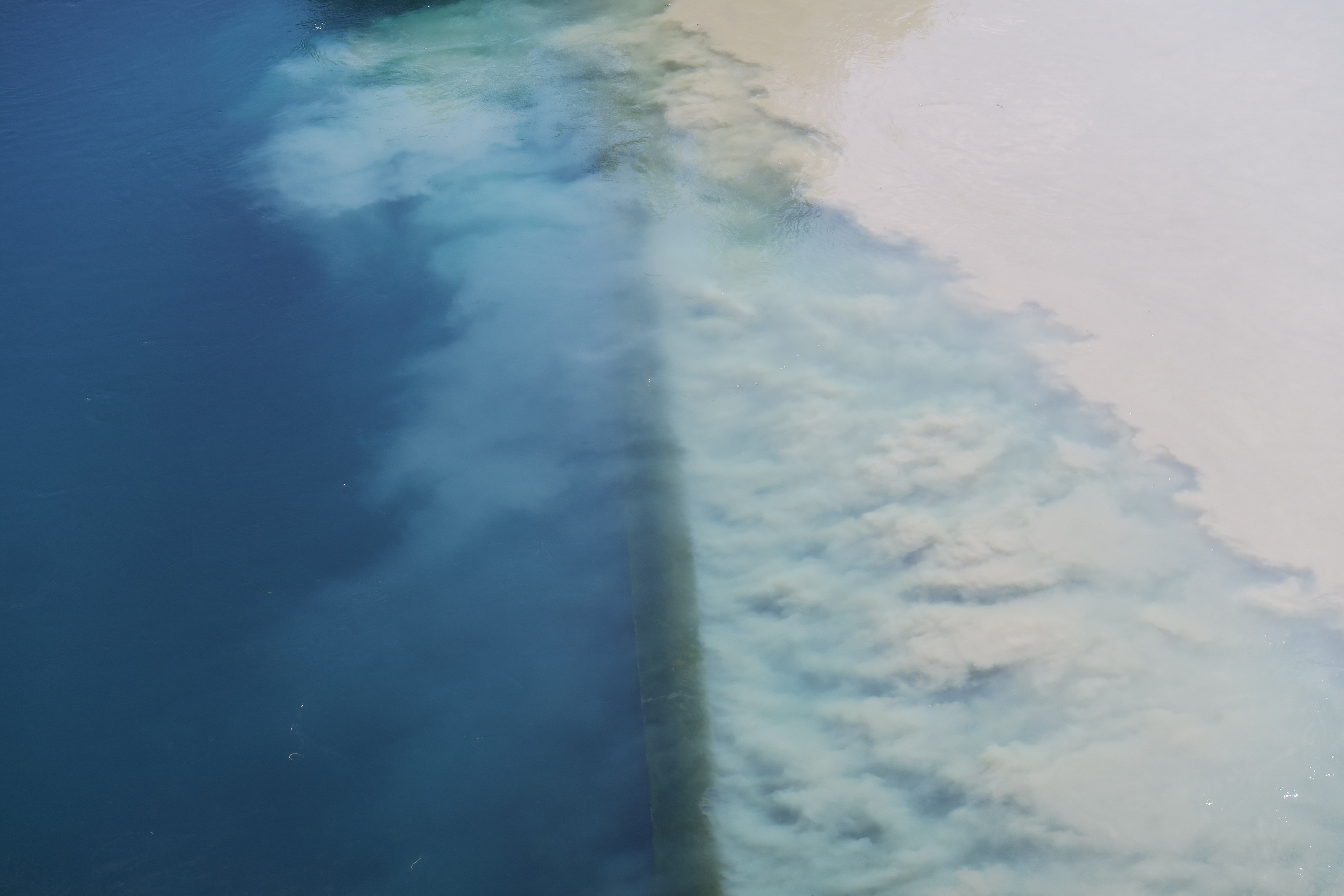
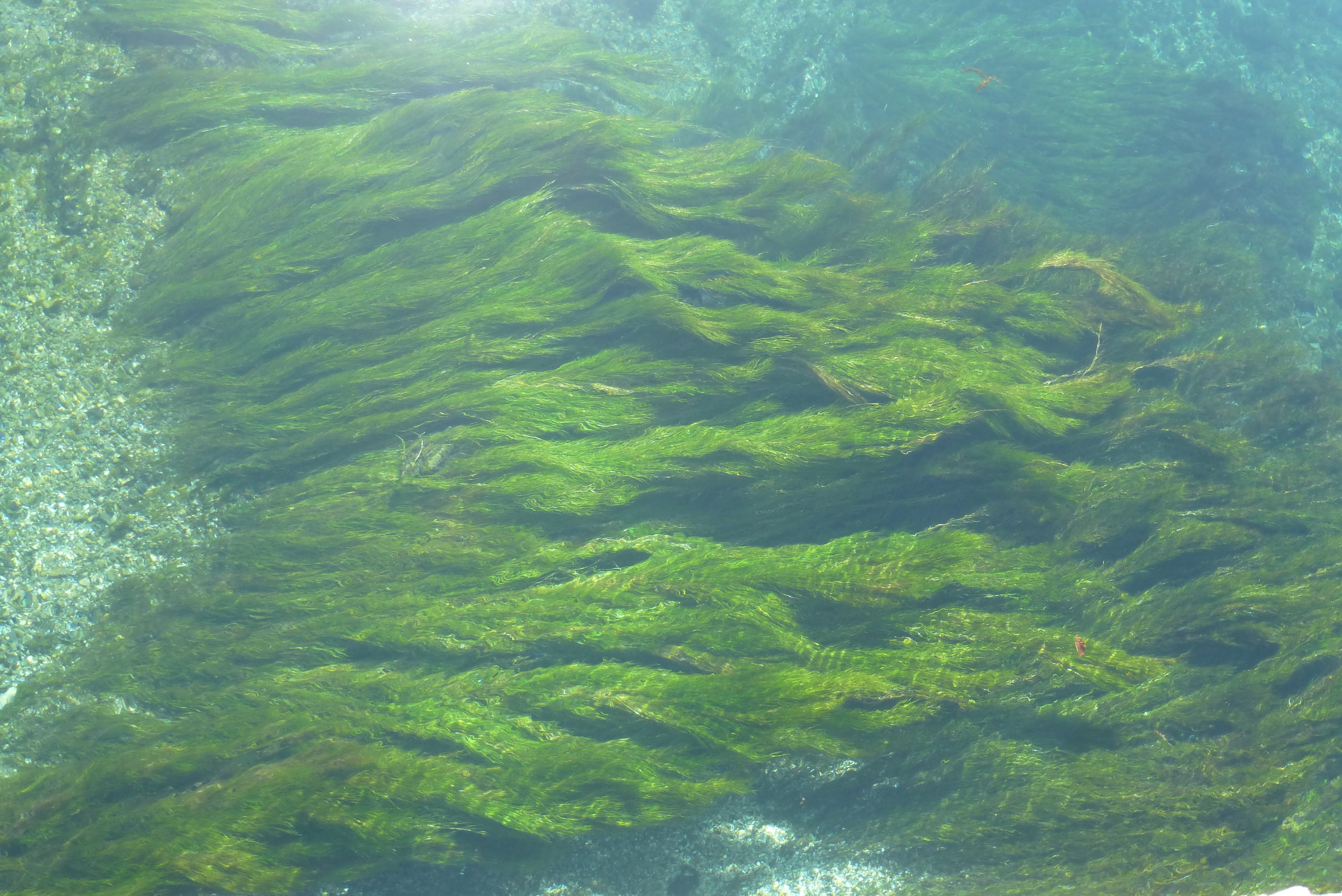
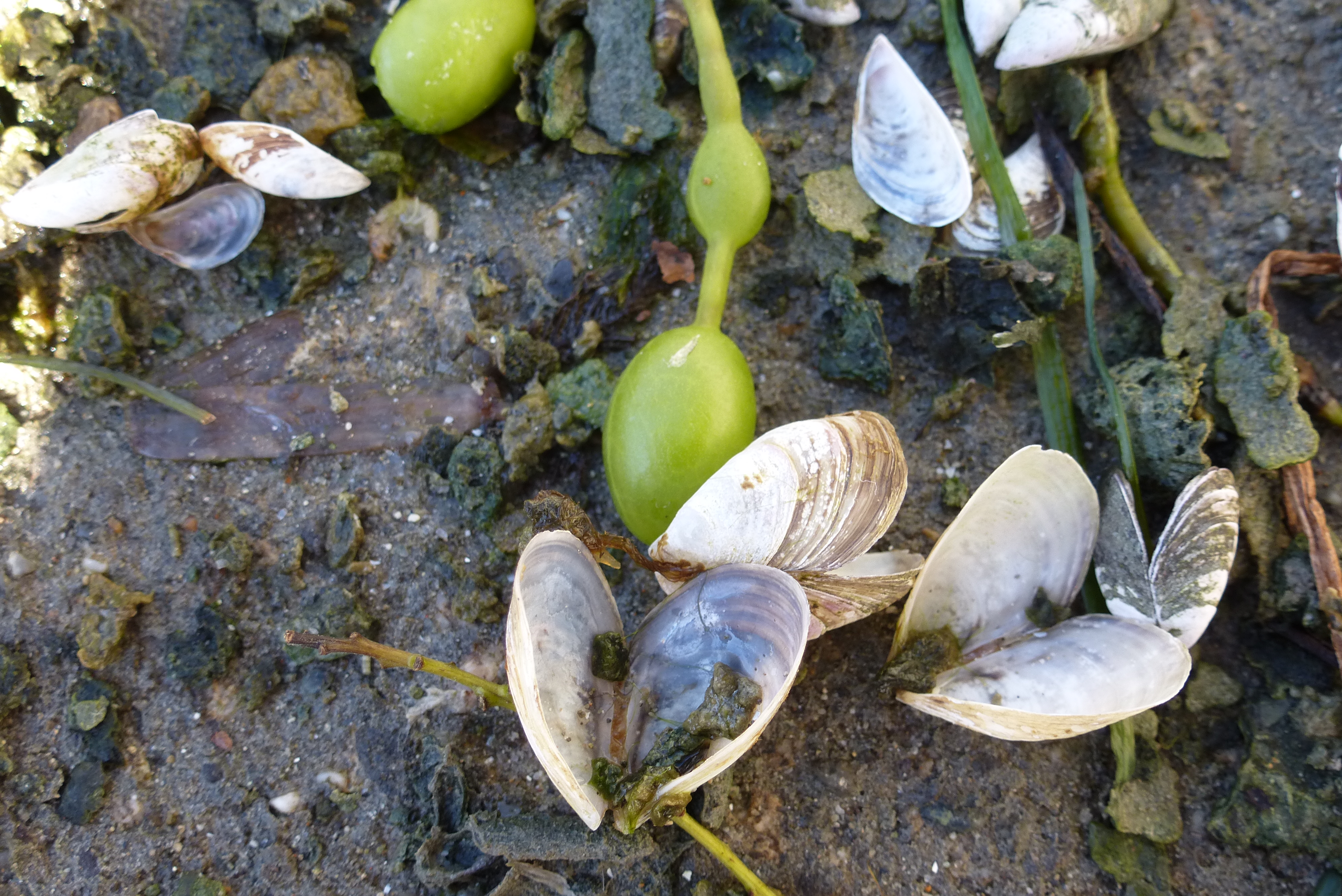
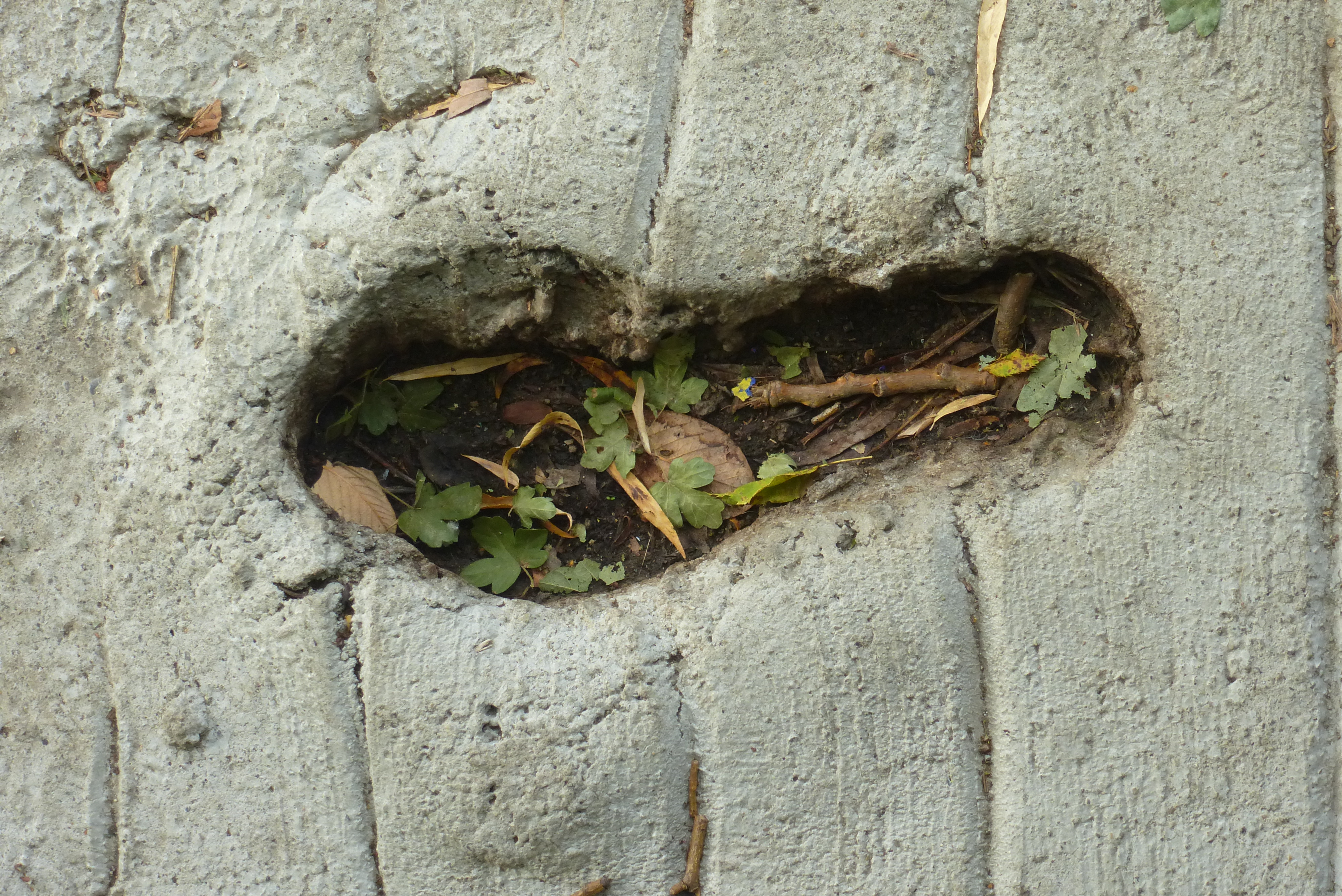
Research Residency - Geneve, Valley, July 2022
The first encounter with Rhone river was a dive into its cristal clear waters and the feeling of its currents, movement, materiality, smell. With a gaze and a moment of reflection first words were “Who are you?”, “What can we learn from you?, and “What can we offer to a river which has everything?”
When we activate NCL is almost like a ceremony, a vehicle of belonging that reminds us of our responsibility towards bodies of water as our kin. As activators, we ensure that these principles are felt by others, installing a sense of urgency, responsibility and accountability and most of all we try to map the existent political bodies that are already on the ground working with the river.
During this residency, we've met river voices that told us about the wounded source of this river and the urgency of the glacier melting. Somehow the relationship seems distant from its source, yet its untamed life force tell as stories of grief, suicide and dead. It's injuries seem to be invisible and we try to learn more about its history through the correction, water ownership, land use, laws.
